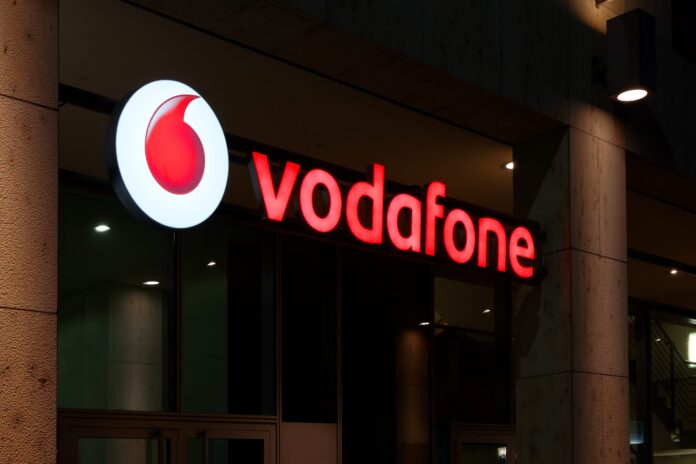AI Booster promises to optimize customer experience, improve network performance via machine learning
Google Cloud and international telco Vodafone have expanded their partnership to develop a new platform called AI Booster. The new platform emphasizes Artificial Intelligence (AI) and Machine Learning (ML) as a way to rapidly build, deploy, and scale new services for Vodafone customers, and to optimize network performance.
Vodafone’s vision was “a single [Machine Learning] platform-as-a-service” that scales horizontally and vertically for different uses cases. The effort is the result of 18 months of AI and ML development aimed at improving network performance and enabling predictive abilities to improve customer experience, the companies said.
In a blog post, Google Cloud said that AI Booster enables machine learning models to go from proof of concept to production in as little as four weeks, 80% faster than before.
“Led by the Global Big Data & AI organization under Vodafone Commercial, the platform will use the latest Google technology to enable the next generation of AI use cases, such as optimizing customer experiences, customer loyalty, and product recommendations,” explained James Ma, head of Technical Account Management, Telco, EMEA, Google Cloud.
Vodafone’s Commercial team headed up the effort, said Ma, who noted that the Vodafone group already has experience with AI and ML. He said the effort was more than just a technical solution, however.
“Yet as demand grows, it is easier said than done to embed AI and ML into the fabric of the organization and rapidly build and deploy ML use cases at scale in a highly regulated industry. Accomplishing this task means not only having the right platform infrastructure, but also developing new skills, ways of working, and processes,” said Ma.
Vodafone and Google Cloud expanded their relationship last year to build a new integrated data platform called Nucleus, run by a system called Dynamo. The system can process up to 50 terabytes (TB) of data per day. Vodafone expected at the announcement to tailor new services for home and business customers from the data-driven analytics produced by the new platform. Vodafone announced at the time that it would also migrate its SAP environment to Google Cloud.
In May, Vodafone unveiled its new trans-EU network performance platform. Developed with Google Cloud and Cardinality.io, Vodafone’s Unified Performance Management (UPM) replaces dozens of legacy network performance tools. The company said it’s being deployed across 11 European countries where Vodafone operates mobile services. Vodafone promised customers “a consistently faster and highly reliable mobile experience in Europe” as a result of the new cloud-native platform which provides “a single source of clean data in the cloud” waiting for analysis and action.
Ma said that effort has already yielded positive results and laid the groundwork for AI Booster.
“This enabled a plethora of use cases that generate business value using analytics and data science. The next step was building industrial scale ML capability, capable of handling thousands of ML models a day across 18+ countries, while streamlining data science processes and keeping up with technological growth,” he added.
Sebastian Mathalikunnel, Vodafone’s AI Booster Product Manager, explained Vodafone’s goal in developing the new platform with Google Cloud.
“Our overarching vision was a single ML platform-as-a-service that scales horizontally (business use cases across markets) and vertically (from PoC to Production),” he said.
Key features Vodafone required include the automation of ML lifecycle compliance activities, embedded security, Google-native ML tools and standardized and embedded ML templates to help accelerate adoption.

